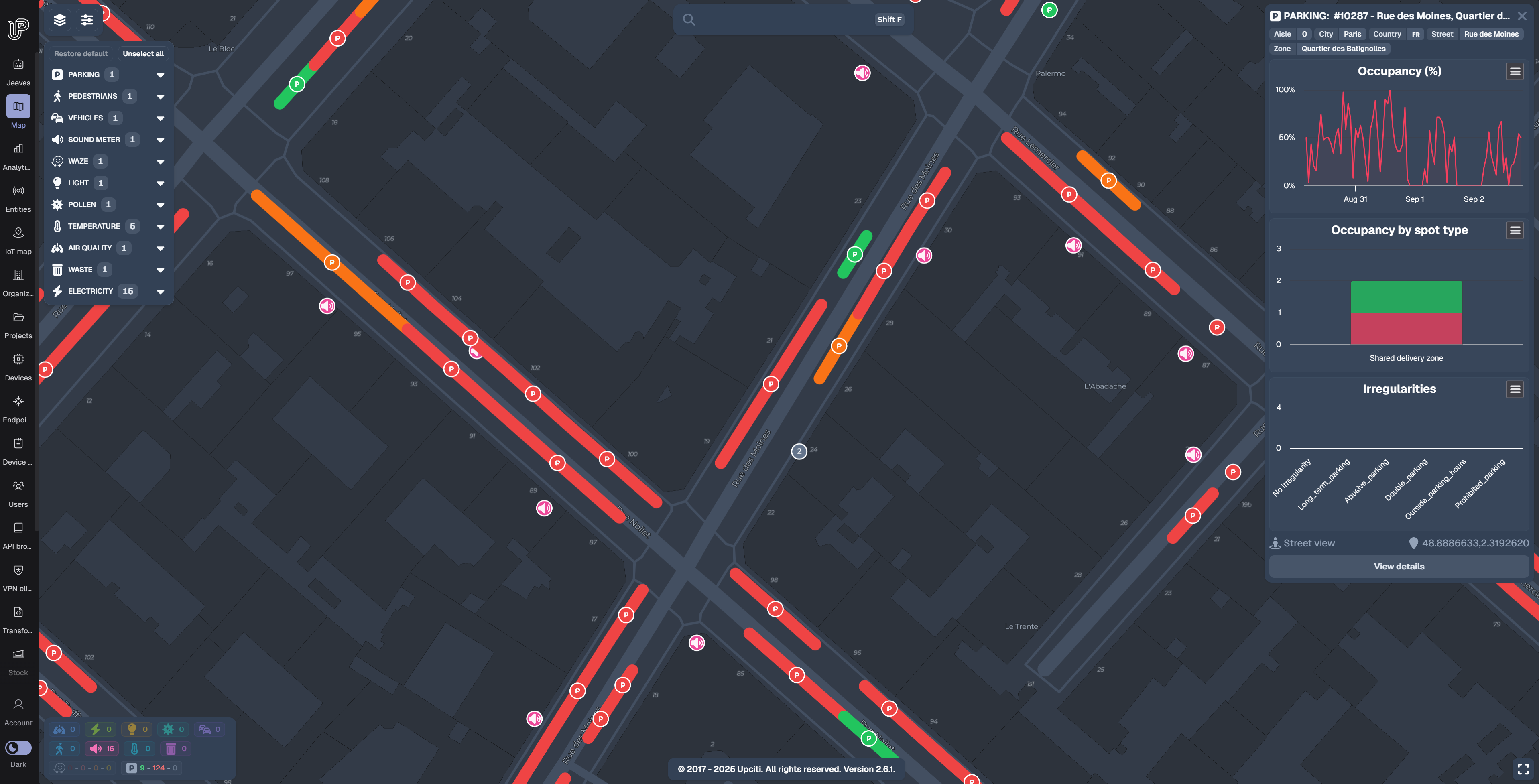Embracing AI for PLG: 5 Main Use Cases


The digital era is rapidly evolving, especially with Artificial Intelligence (AI) becoming a central element in shaping Product-Led Growth (PLG) strategies. This transformation is not just about adopting new technologies but enhancing product offerings and operational efficiencies.
Last week, we hosted a panel in London to discuss this topic. We had three phenomenal speakers with us who shared their experience with AI and PLG businesses. The speakers included:
- Amir Malekzadeh from ForestAdmin
- Brad van Leeuwen from Cledara
- Leah Tharin, Product Expert and Growth Advisor
These are the main five applications in which companies are using AI to enhance PLG:
- AI’s Role in Enhancing Operational Efficiency: companies can deploy AI models on top of their data to help with decision-making and to build efficiencies.
- AI for bridging the gap between customers and products: AI assistants can guide customers through the onboarding process and be used by customer service teams.
- Marketing Innovations through AI: AI enables marketers to identify and target ideal customers and personalise user journeys to them, thereby driving the acquisition of new users.
- AI Implementation for an increased LTV: AI can enhance customer engagement and lifetime value (LTV) by providing accurate product recommendations based on customer behaviours.
- AI for testing features: AI can also empower marketers to test new features and receive real-time product feedback, ensuring that the most valuable features are prioritized and keeping users happy.
If you want to dig deeper into examples of these 5 key AI applications, just continue reading, and you will be able to learn more about them. Enjoy!
Building Operational Efficiency through AI: Amir’s Perspective
Amir has a data background, and he has been using data and AI on top of the data for many years, much earlier than ChatGPT becoming popular. According to Amir, AI acts as a pivotal knowledge system within organisations. By assimilating vast amounts of data, AI systems facilitate decision-making and operational efficiency, especially for remote teams. Amir emphasised the significant evolution of AI models over the past decade, transforming internal and external business operations. He pointed out the critical role of AI chatbots in bridging the gap between customers and product teams, ensuring a seamless flow of information, and reducing errors in customer service. According to Amir, the flexibility and scalability of AI tools are essential to meet the ever-changing business needs and technological advancements.
Brad’s Marketing Innovations with AI
Brad brought to light how AI is revolutionizing marketing strategies. By leveraging AI, marketers can now rapidly deliver targeted value to users, identifying potential leads with unprecedented precision. This approach has not only facilitated the creation of personalized outreach emails but has also contributed to a significant increase in sales – Brad mentioned that some businesses were able to increase sales by 25% by using AI to personalise the outreach to customers. AI can also empower marketers to test features and receive real-time feedback on products, ensuring that the most valuable features are prioritised, keeping users happy. Brad’s insights underscore keeping customers informed and engaged on AI developments. It is important to make customers feel that their input and experience is being taken into consideration so there is no surprises if the features don’t work on the first go.
Leah’s Insights on AI in Product Development and Growth
Leah shared her experience in relation to using AI for enhancing user acquisition and retention. Specifically, Leah highlighted the value of AI for increasing user engagement and lifetime value (LTV) by providing accurate product recommendations based on customer behaviors. Leah also touched on the critical role of AI in sales, adhering to the 80:20 rule for efficiency. Her advice on implementing AI tools includes having a clear baseline and vision to accurately measure the ROI and the impact on users. Patience and strategic planning are crucial when introducing AI tools to ensure they complement the product's value proposition without overwhelming users.
Leah also emphasized that conceptually, AI tends to work best when it lifts most of the process but not all of it for its users. For instance, AI content is not good enough from end to end, but it's invaluable to serve as a draft tool to get ideas and summarize. The best marketers and content producers are using AI to get started and streamline recurring tasks with it but put their own finishing touch on it.









